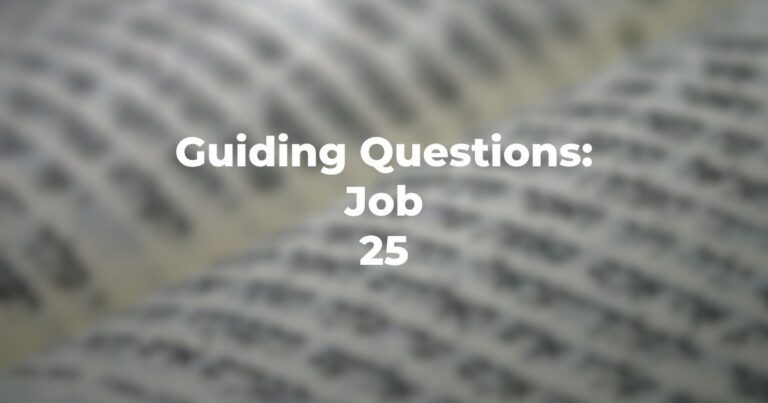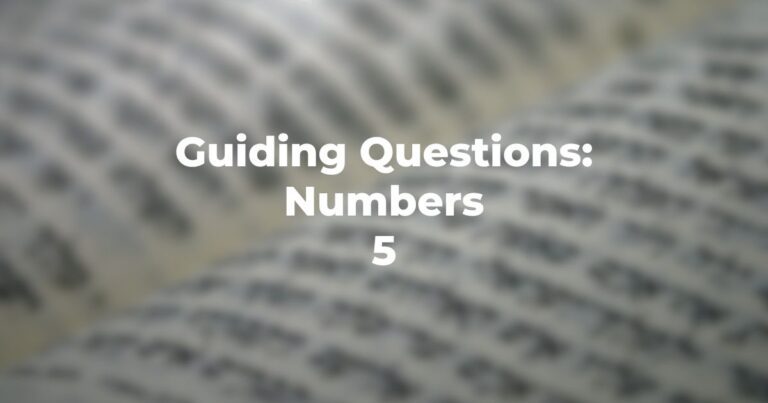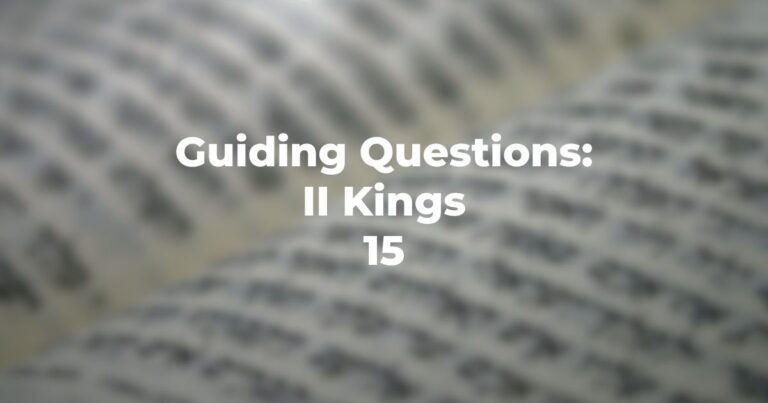- What attitude does Job express toward his friends in Job 19:1-3?
- What is the meaning of “my error remains with me”? Is Job admitting that he is at fault (Job 19:4)?
- Explain the metaphor of “God’s siege works” (Job 19:6).
- What is the “Violence!” to which Job refers (Job 19:7)?
- What is the “crown” to which he refers in Job 19:9?
- Who are the “troops” in Job 19:12?
- Why are Job’s friends, and relatives, and servants alienated (Job 19:13-19)?
- What difficulty is presented by Job’s reference to his children (Job 19:17)?
- Note the phrase in Job 19:20 which is a familiar idiom in English. What does it mean?
- Can one suggest that Job is pleading with his friends to be more godly than God Himself (Job 19:21-22)?
- Why is it important to Job for his words to be recorded permanently (Job 19:23-24)?
- The Hebrew god (Job 19:25) is usually rendered “Redeemer”. The JPS translation reads “Vindicator”. What is the difference?
- What is Job’s ultimate (and seemingly unattainable) wish in Job 19:26-27?
- Compared to Question #1, what is Job’s attitude toward his friends at the end of the chapter?
Author
-

Exploring Judaism is the digital home for Conservative/Masorti Judaism, embracing the beauty and complexity of Judaism, and our personal search for meaning, learning, and connecting. Our goal is to create content based on three core framing: Meaning-Making (Why?), Practical Living (How?), and Explainers (What?).
View all posts





